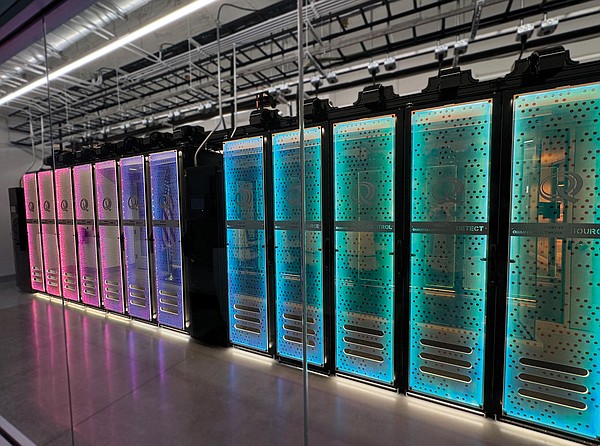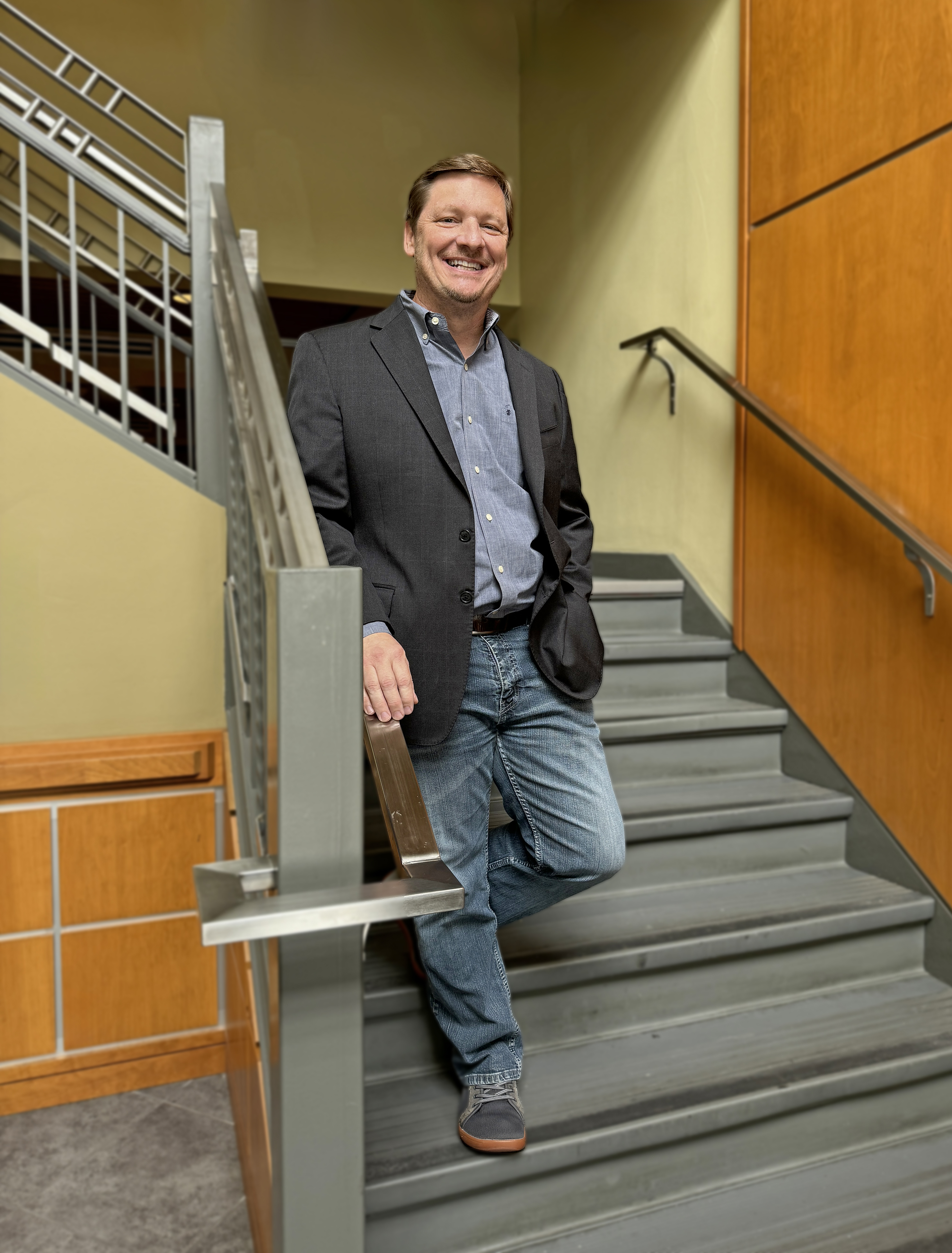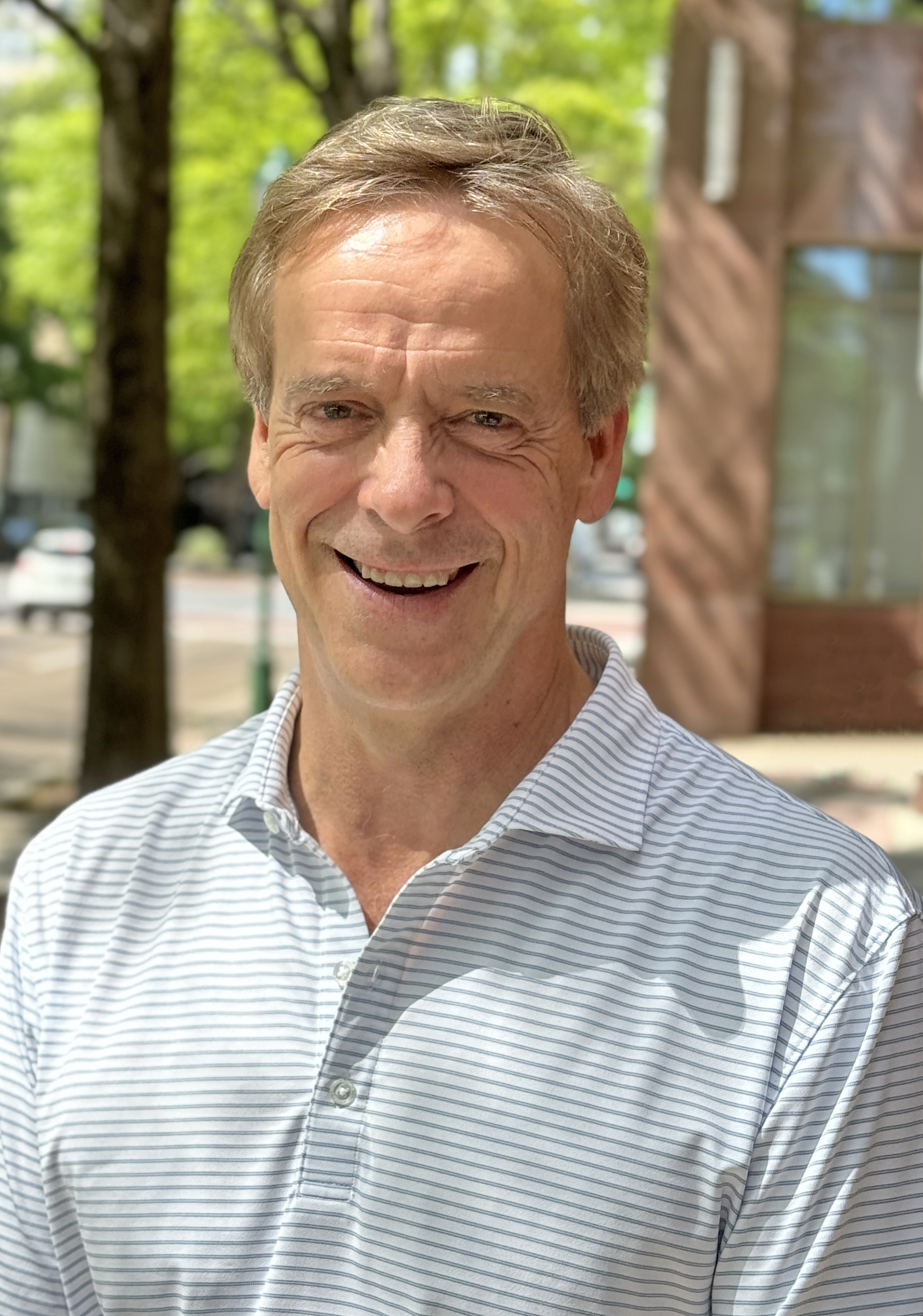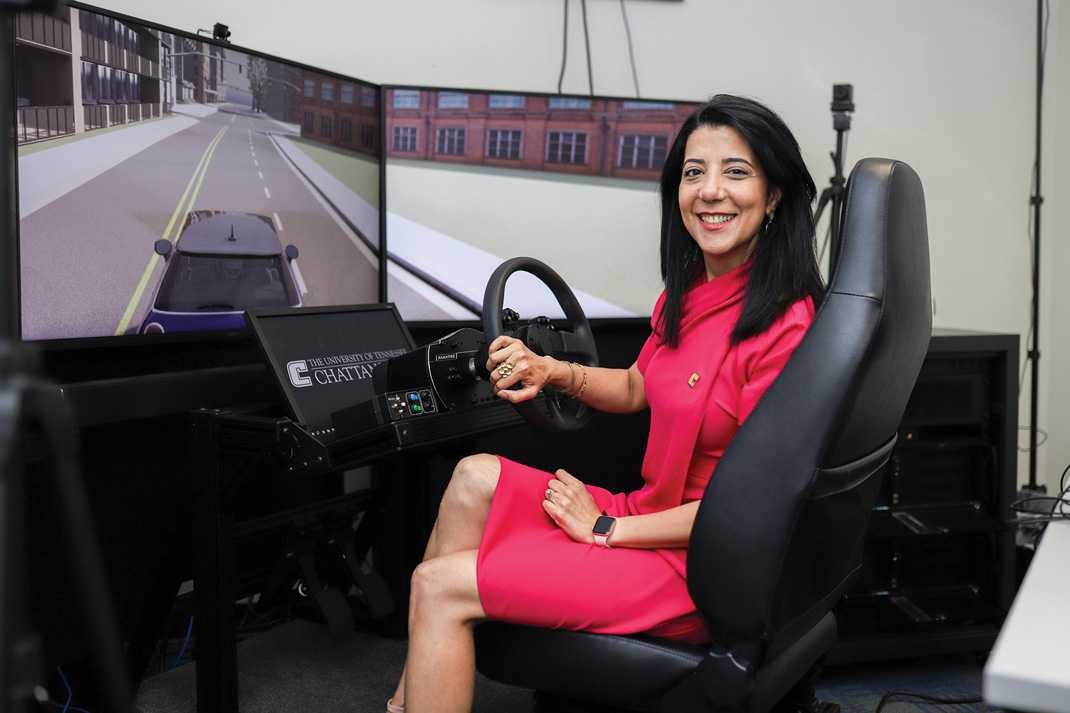When it comes to advanced networking, Chattanooga is developing a knack for making history.
In 2010, the city made national headlines and earned the title of “Gig City” when EPB, the city’s municipal utility, became the first in the United States to offer community-wide gig-speed internet to all businesses and residents, regardless of income.
In 2022, the utility company made history a second time when it introduced the nation’s first commercially available quantum network — the EPB Quantum Network powered by Qubitekk. And last year, in December of 2023, the company did it again, by bringing its first two customers onto the quantum network.
In recent months, city and business leaders have launched the Chattanooga Quantum Collaborative, aimed at cultivating a “quantum ecology,” by focusing on key elements like economic development, education and workforce training, and infrastructure.
The goal is to make sure Chattanooga is well-prepared to take advantage of the financial opportunities that would accompany the quantum wave.
David Wade, EPB CEO and president
“We will see more innovation in the energy space as communities grow and demand for electricity goes up, so EPB plans to add more energy storage and local generation to accommodate it.
We already have a lot of automation in our Smart Grid that helps keep power reliable. Building a local energy mix with storage and generation will make our services even more resilient for our customers.
As the world increasingly invests in quantum technology, we’re focused on what innovations could make Chattanooga’s electric system the most efficient and secure. We are also working across our community to help prepare our workforce to fill the jobs and needs of the future, so Chattanooga stays on the cutting edge.”
Duncan Earl, Qubitekk, CTO and president
“AI is all the buzz right now, and I don’t think that’s going away. I predict Chattanooga is well-positioned for that growth.
There is a synergistic growth going on between computers and communication networks. We saw an example of that convergence in the 1980s, with the creation of the internet. What we’re seeing right now is a second version of that. We are seeing networks that are becoming quantum enabled, being developed at the same time as quantum computers, that can work billions of times faster. Those are starting to come together, and over the next five years, they will come together — and that will give us another revolution.
This is important for Chattanooga because the city is leading the push in quantum networking. Everybody across the world will benefit, but Chattanooga is where hardware and technology will begin to grow. And that will happen for three reasons: Chattanooga has the first quantum network in country; the second is low-cost power; and the third is available space and land.”
Charlie Brock, Chattanooga Quantum Collective CEO
“I think we’ll see more businesses incorporating different aspects of AI to grow their market shares, and to replace the more mundane tasks done by labor forces. The hope is that AI does not replace human capital, but rather allow people to focus more on value-added services.
We’re seeing some business that have incorporated AI and are adding employees as they expand their products and services, which is an ideal outcome. But we’re just at the tip of the iceberg with AI. It’s incumbent upon us as leaders to pay close attention to that, and have intentional conversations about how to optimize AI and simultaneously fulfill our commitment to our labor force.
It’s been reported that AI could replace up to 30 million workers nationally. But how would we deal with that? What would that mean for government and other services to support those folks?
With Chattanooga’s quantum network, we have an opportunity to be one of the leading communities, nationally. So the questions are, how do we bring quantum’s business advantage to our existing businesses? And how do we recruit new businesses here to test their products and services on our network? It’s a big opportunity that EPB has afforded our community.”
Tasia Malakasis, The Company Lab CEO
“Quantum technology and artificial intelligence are increasingly intertwined with virtually every aspect of industry. Chattanooga has a unique asset in having the first commercially available quantum network. Every country right now has ambitious goals to get to carbon neutrality between the years 2030 to 2050, and AI and quantum will definitely play into that.
We also have the world’s largest testbed in the Smart Corridor. To process and utilize that massive amount of data, we’re going to have to have quantum. From optimizing freight logistics to enhancing public transit systems, the integration of quantum and AI technologies promises to revolutionize how we move people and goods. I think their integration has the potential to transform our city and give us the competitive edge.”
Mina Sartipi, UTC Center for Urban Informatics and Progress founding director
Martin Luther King Boulevard in downtown Chattanooga is a daily whirlwind of activity, bustling with cars and trucks, pedestrians and cyclists, and shops and restaurants. Processing all of that activity is nearly impossible — but that’s exactly what Mina Sartipi and her team at the Center for Urban Informatics and Progress do.
CUIP was founded at the University of Tennessee at Chattanooga by Sartipi in 2018. Its mission is to use data and advanced technologies to create smarter, safer and more sustainable urban environments. The center focuses on leveraging big data, AI and machine learning to enhance urban living by optimizing traffic flows, reducing accidents, decreasing carbon emissions and improving health care outcomes.
The MLK Smart Corridor is CUIP’s flagship initiative. Also called “the testbed,” it uses advanced technologies, like LIDAR, cameras and sensors to gather data, which is then analyzed and used to improve urban mobility and safety. Over the next few years, the testbed will expand to include more than 100 additional intersections throughout downtown, making it the largest such smart city project in the country.
In all of its work, CUIP is focused on using real-world situations to deliver data that can be used improve safety and efficiency, not only across Chattanooga, but in cities around the U.S.
Reinhold Mann, one of her longtime colleagues at UTC and the institution’s vice chancellor of research, puts it: “Dr. Sartipi combines a bold vision of future Smart Communities with the technical knowledge, leadership and student mentorship to realize that vision. We have seen this manifest itself in the work she is leading advancing the smart corridor and benefits from it for Chattanooga.” – Kerry Hayes















